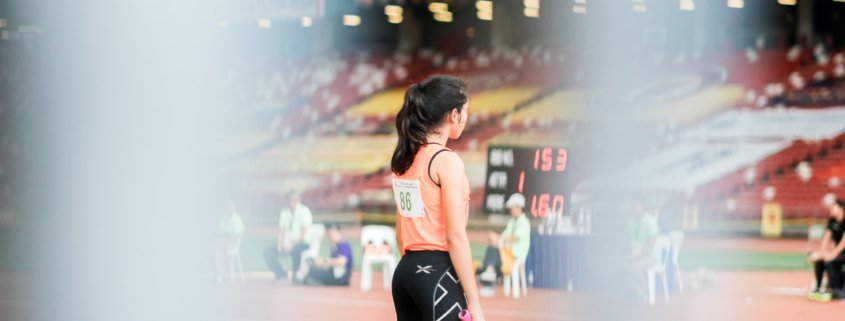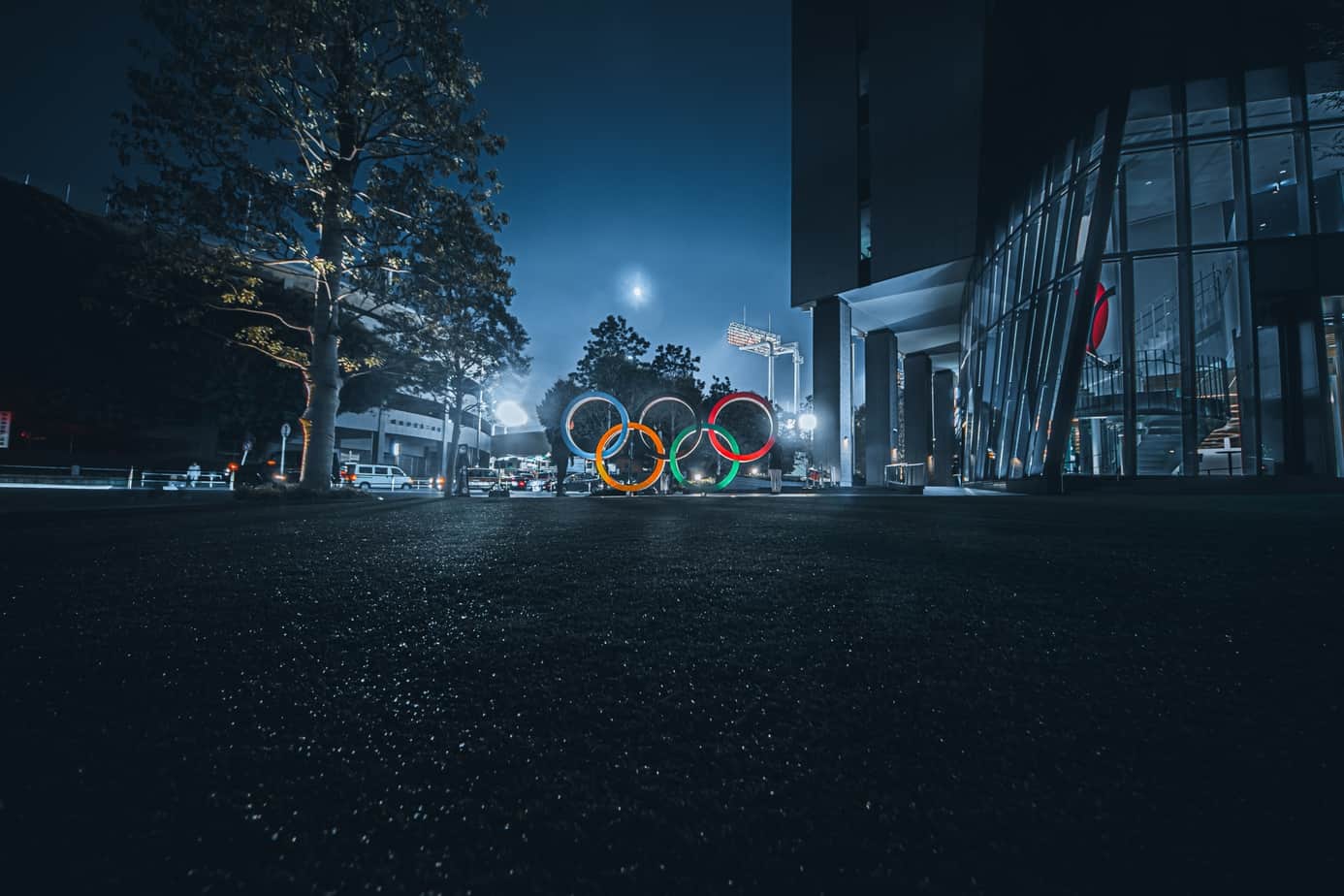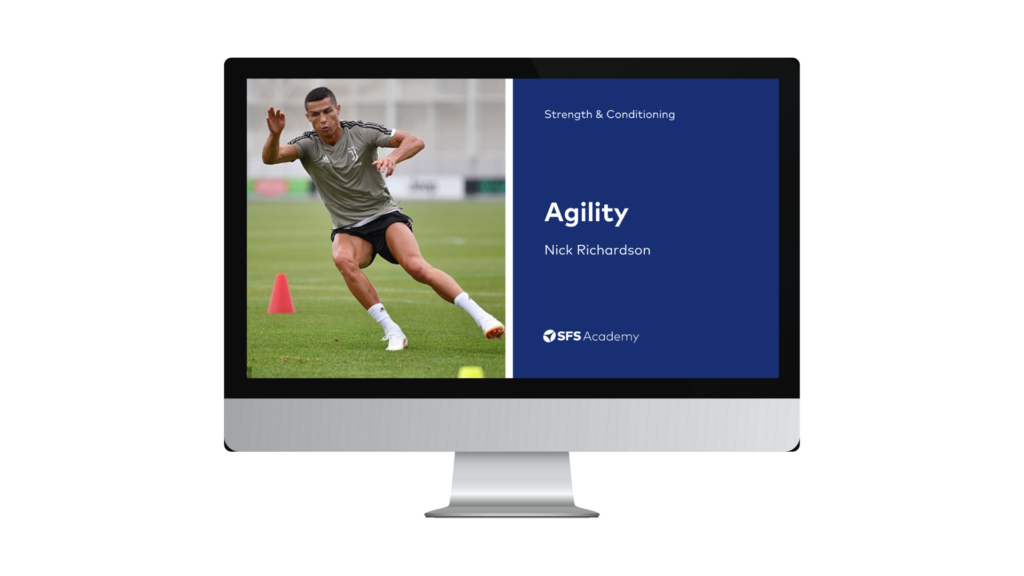Olympic letdown? How does an elite athlete cope in a post-Olympics world?
Once the Olympic flame has been extinguished and the world moves on, what comes next for athletes who struggle to adapt?
How does an Olympic athlete cope in a post-Olympics world?
For two weeks every four years – if you discount the year just gone – we get swept up in the magic of the Olympics, glued to our screens and forever chatting about the moments that were and those that could have been. But for those competing, an Olympic cycle can cover several years and be over in a flash.
For an athlete, the lifecycle of an Olympics campaign goes well beyond what we see in those two weeks. We hear so many stories about the monstrous number of hours spent on the track or in the pool as athletes ply their trade, the sacrifices to their personal and social lives, and their ability to overcome injury or adversity. Years of planning, training, and refining have gone into making sure that an athlete is in the best possible position to perform on the world’s biggest stage.
But once the flame has been distinguished and the world pushes the Olympics to the back of its proverbial mind, what comes next for the athletes? And importantly, how do they navigate this sudden change?

Beyond Tokyo: What happens next?
For us common folk, after all is said and done, the Olympics seamlessly fades into a collage of fond memories, and we all resume our regular work and sleep schedules. But despite most performing to the best of their ability, the reality is, most athletes aren’t boarding the plane home with a medal – and this can really be a tough pill to swallow for some.
Quite often, an athlete’s sense of identity is linked with their athletic ability, and “underachieving” is something that they might struggle with. Interestingly, Andrew Bennie and his colleagues recently found many athletes have a negative post-Olympic experience. In fact, those who failed to meet their perceived performance expectations (whether winning gold or hitting a PB), or were generally dissatisfied with their performance overall, experienced long-term psychological distress as a result.
The rise and fall of the “Olympic celebrity” is something which athletes often have to navigate, particularly on their arrival home. Following the 2016 Olympics in Rio de Janeiro, Howells & Lucassen reported that those who did not medal were often met with a sense of unaccomplishment from the general public (as perceived by the athletes). As you can imagine, thinking that you are not worth someone’s time just because you didn’t place in the top three would really start to play with your head.
For those who are not fortunate enough to simply continue their athlete careers (e.g. soccer players heading straight back into their national leagues), another factor they have to contend with is getting on with their pre-Olympic lives. At the end of the day, an athlete is no different to the rest of us, but having to go back to work or completing mundane, everyday tasks just isn’t exciting. Again, Howells & Lucassen highlighted how after the 2016 Olympic Games, a number of the athletes they spoke to felt completely unmotivated or genuinely disinterested in their “normal” lives.
It’s not all doom and gloom
I should clarify that in most cases, the Olympics, for both those competing and those watching from the sidelines, is a really positive experience. You’ve only to see the joy on the faces of the athletes after winning gold or when they make their way through the stadium at the opening or closing ceremony to realise this. Feeling a sense of pride and honour at being able to represent their country is also something athletes often quote about their Olympic experience, alongside achieving their childhood dreams of being an Olympian.
Referring back to the study of Bennie, opposed to their “underachieving” counterparts, athletes who were satisfied with their performance, regardless of the outcome, seemed to manage their wellbeing and were generally quite positive about their post-Olympic experiences.
Depending on the success and popularity of an athlete, there is sometimes a significant financial outcome after the Games in the form of prize money. For example, Singaporean gold medallists at this year’s Tokyo games will receive an astonishing US$1,000,000. Some athletes even manage to gain sponsorship deals after they have finished competing, think Michael Phelps and Reese’s. Something new for these Tokyo games is the impact of social media and athletes acting as influencers. A change to the IOC’s Rule 40 means athletes can now engage with fans whilst advertising for their personal sponsors to further help them financially.
Being an Olympian, particularly these days, really does have some perks.
What can be done to improve the wellbeing of athletes after the Olympics?
There are no finite rules to how an athlete should manage their wellbeing since, as we all know, everyone is different and likely to respond differently to the same stimulus. In most cases, though, the responsibility of managing and guiding an athlete’s wellbeing and ensuring they are in a positive state of mind falls to their coach. Bennie and colleagues offer a few recommendations on how the coach of an Olympic athlete can help foster a positive mindset post-Olympics:

To the athletes (and coaches) of the future…
If you find yourself donning your country’s colours on the world stage, make sure you set some time aside during your preparations, and even during your Olympic campaign, to think about and plan for what comes next. You need to be aware that the spotlight is not always going to shine on you, and being able to manage this effectively will go a long way in helping you to maintain a positive outlook on things.
As for coaches, an athlete’s wellbeing is their responsibility, before, during, and especially after the games (or any big event for that matter). So, making sure that athletes understand what comes next is imperative to achieving a positive state of mind and a successful transition back into life following the closing ceremony.
[optin-monster-shortcode id=”czosk0qsqzzsryj6gwot”]
References
- D. Massey, J.J. Schwind, D.C. Andrews and M.W. Maneval. An Analysis of the Job of Strength and Conditioning Coach for Football at the Division II Level. Journal of Strength & Conditioning Research. 23 (9). 2009.
- Szedlak,M.J. Smith, M. C. Day and I.A. Greenless.Effective behaviours of strength and conditioning coaches as perceived by athletes. International Journal of Sports Science and Coaching. 10 (5). 2015.
- N. Radcliffe, P. Comfort and T. Fawcett. The Perception of Psychology and the Frequency of Psychological Strategies Used by Strength and Conditioning Practitioners. Journal of Strength and Conditioning Research. 27 (4). 2013.
- Kerr. Legacy. Constable: London UK, 2013.
- Triplett and G. Haff. Essentials of StrengthTraining and Conditioning. Fourth edition. Champaign, IL: Human Kinetics, 2016.




